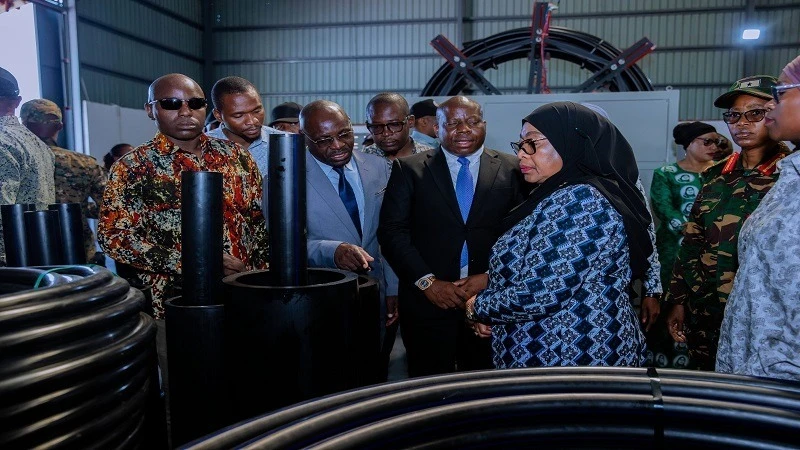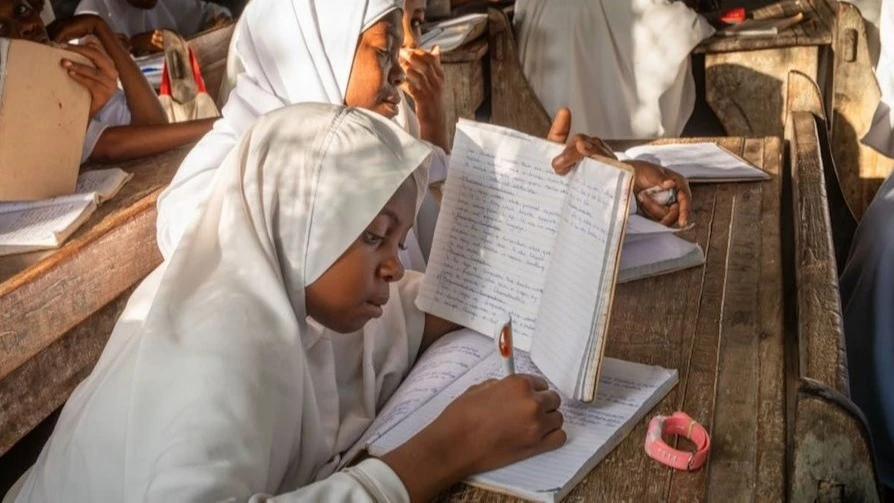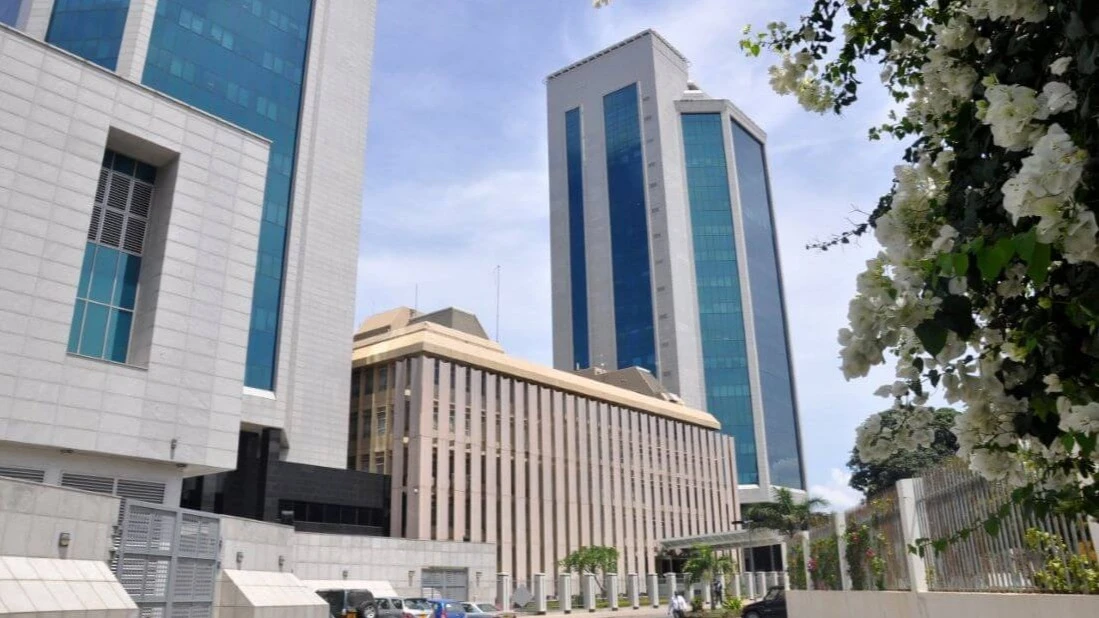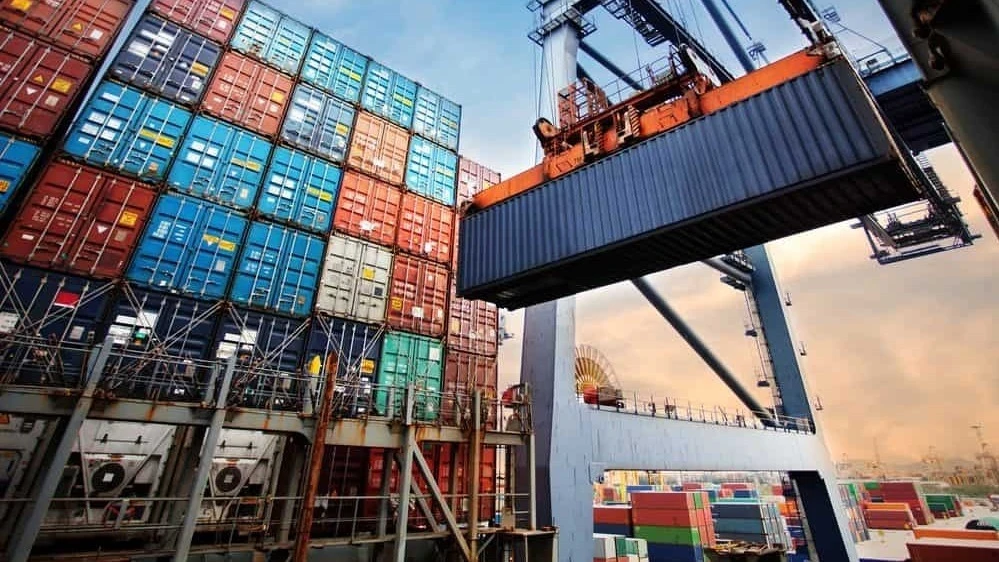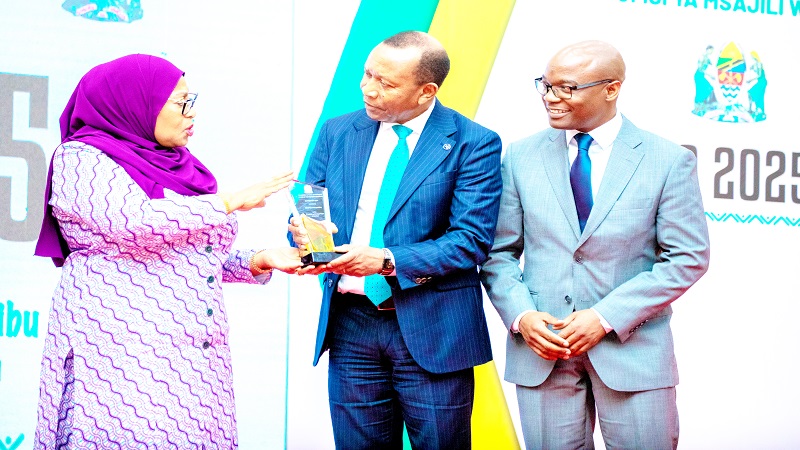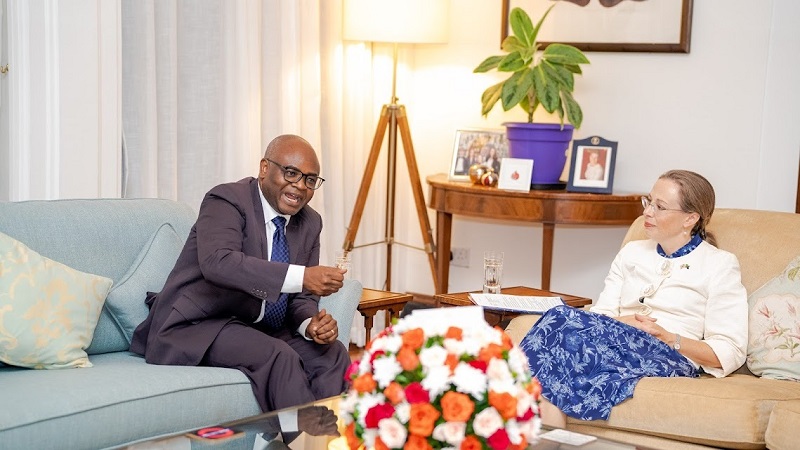Tanzania pushes for rural penetration in rural area

Tanzania is witnessing a significant surge in fintech growth and adoption, with an expanding ecosystem that covers mobile money, digital payments, lending, payment infrastructure, and interoperable systems.
The transformation is driven by an enabling regulatory environment, growing smartphone penetration, and increased demand for digital financial solutions across both urban and rural areas.
As of mid-2025, the Bank of Tanzania has licensed 12 fintech companies to provide digital payment services, in addition to six mobile money service providers (MMSPs) operating in the country.
These developments underscore Tanzania's position as a fertile ground for digital financial services within the East African region.
Speaking at the East Africa Fintech Festival, which kicked off on June 13, 2025, at the Julius Nyerere International Convention Centre (JNICC) in Dar es Salaam, Deogratius Kilawe, Managing Director of Eastern Star Consulting Group, said the event represents the region’s largest gathering of financial technology leaders.
The festival has drawn delegates from over 70 countries, uniting stakeholders to explore investment opportunities and forge strategic partnerships.
“The goal of this festival is to support technology companies and contribute to economic development by accelerating the spread of fintech, especially to underserved rural communities,” Kilawe said.
He emphasized the importance of inclusive digital finance as a pillar for national development and financial inclusion.
According to recent data by the GSMA (2024), the number of registered mobile money accounts in Tanzania more than doubled between 2019 and 2023, growing from 26 million to 53 million accounts. This surge has significantly improved financial inclusion, with mobile money penetration increasing from 46 percent to 83 percent in just four years.
Kilawe highlighted the broader economic impact of this digital transformation, noting that mobile money services contributed to an estimated $15 billion increase in Tanzania’s Gross Domestic Product (GDP) by the end of 2023—a 15 percent rise compared to the previous year.
This growth is attributed to enhanced efficiency in money transfers, reduced transaction costs, and improved access to financial services among small businesses and individuals.
The festival also serves as a platform for policy dialogue on how to foster innovation while safeguarding consumer protection and financial stability.
Industry leaders, regulators, investors, and development partners are discussing frameworks for advancing digital credit, cross-border payments, open banking, and central bank digital currencies (CBDCs).
Tanzania’s fintech journey began over a decade ago with the launch of mobile money platforms like M-Pesa and Tigo Pesa, which revolutionized access to financial services. Since then, the landscape has evolved rapidly, with new players offering digital lending, savings, insurance, and investment products tailored for low-income and digitally underserved populations.
As Tanzania continues to digitize its economy, the government and private sector remain committed to expanding digital infrastructure and strengthening regulatory oversight.
The fintech sector is expected to play an increasingly pivotal role in promoting inclusive growth, reducing poverty, and supporting the country’s broader digital economy agenda under Vision 2025.
However, many rural areas in Tanzania still suffer from poor internet connectivity, unreliable electricity, and inadequate mobile network coverage.
These constraints hinder the deployment and consistent use of digital financial services like mobile money apps, agent banking, and online platforms.
Top Headlines
© 2025 IPPMEDIA.COM. ALL RIGHTS RESERVED











